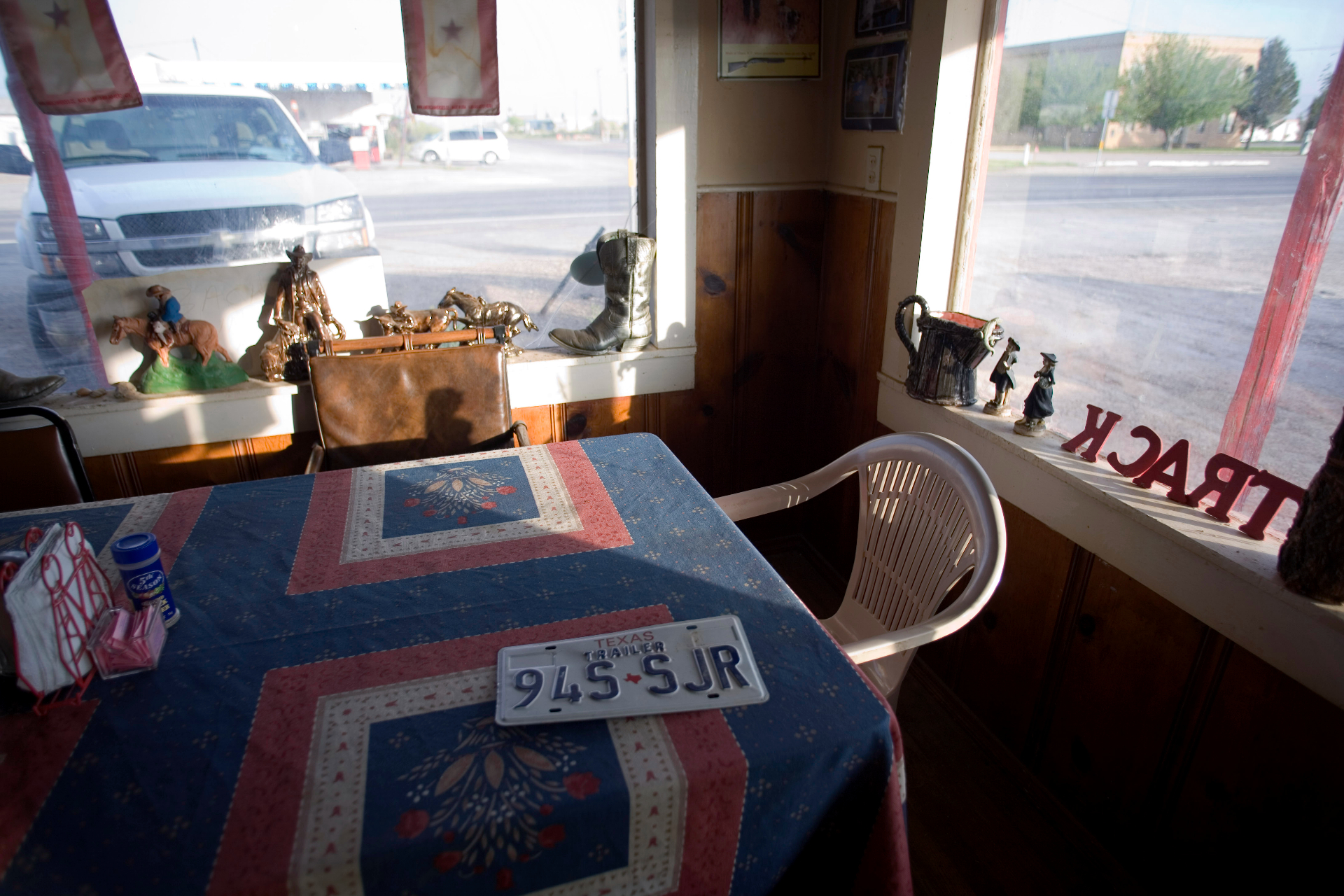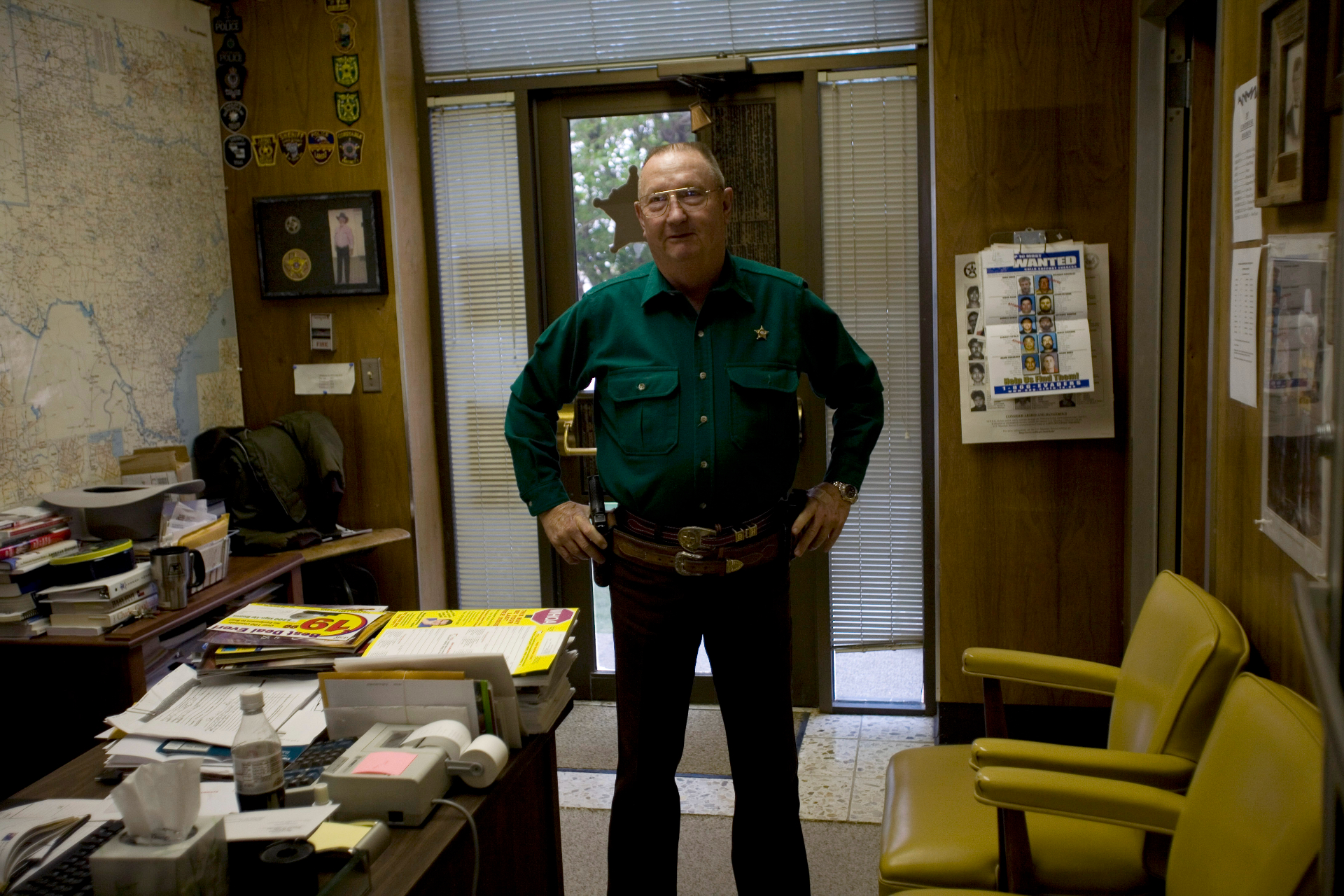How a libertarian utopia was ended by bears and other political emigration experiments
In 2004, a group of libertarians decided to try building a free-town utopia by taking over Grafton, New Hampshire. The project sought to reduce government control over almost every aspect of citizen life.
The attempt died in 2016, and in 2020, local journalist Matthew Hongoltz-Hetling described it in a book. According to Hongoltz-Hetling, a few hundred libertarians moved into the town, with around 1,000 residents.
Hongoltz-Hetling told Vox that the project was an attempt by the American Libertarian Movement to show the world how their no-government principles worked in real life.
When they arrived, they started advocating to cut government funding. They convinced some previous residents to reduce police, road and fire services, and the public library.
Image: Cristina Gottardi / Unsplash
A few years went by, and the problems from the lack of services started to show: neighbor complaints went up, as well as the number of sex offenders and the legal costs for the town hall that had to fight Libertarian suits. The city had its first murders.
They also had a trash problem. Since many lived in tents, containers, or trailers near the woods, and there were no clear rules on how to dispose of trash, bears started to take notice of their waste.
Black bears are not usually violent. However, they started to understand that where humans lived, there was food, and they became increasingly comfortable around people to the point of danger.
Hongoltz-Hetling explained that every person chose to deal differently with the bears, contributing to the problem: some shot them, others placed traps, and others fed them. The issue caused the first bear attack in the community in 100 years.
Despite the Free Town Project being one of the most famous examples, political emigration experiments (flooding a town, state, or country with people who share ideals to change that place) are not new.
The Mainzer Adelsverein is one example of how old that practice is. In 1846, a group of German noblemen organized a colonizer attempt to create a new Germany through controlled migration to what was the Republic of Texas back then. The war between the US and Mexico frustrated their plans.
Image: Jamie Morrison / Unsplash
In 1970, a Yale law professor proposed something similar in an essay titled "The Jamestown Seventy," after the first British settlers. He evoked the importance of the American frontier in the country's foundation and the "local control" logic of federalism.
He claimed that the dissatisfaction experienced by young people, or the "Woodstock generation" could be solved by massive migration to a single state to shape it as they wish.
That essay inspired the Free State Project (the umbrella for Grafton's initiative), seeking to move enough libertarians to New Hampshire to change the state's politics and turn it into a libertarian paradise.
The same group had tried something similar in Texas a year after the Grafton project started. They chose Loving County because it is one of the country's least populated, making it easier to take over.
They claimed to have bought land and registered to vote there. They didn't expect a negative response from the county's sheriff, who charged them with a misdemeanor when he discovered they had no deed.
But libertarians are not the only ones to use migration as a tool of control: the American Redoubt movement proposed conservative Christians move to Idaho, Montana, Wyoming, and some parts of Washington and Oregon to build a haven for their ideas.
More for you
Top Stories





























